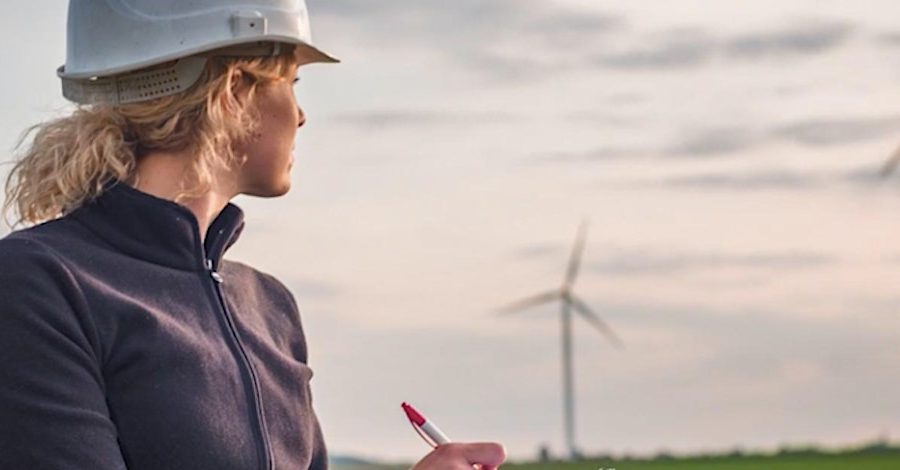
Global Climate Perspectives Ahead of COP29: Insights from the EIB Climate Survey and Key Lessons for the EU
21 October 2024
Chronicles from the field: COP29 in Baku, Azerbaijan
26 November 2024Last week, the European Chair for Sustainable Development and Climate Transition, along with the European Investment Bank and Sciences Po’s Institute for Environmental Transformations, hosted an event to discuss the climate stakes ahead of COP29, taking place in Baku, Azerbaijan from 11-22 November 2024.
Following a brief introduction from Shiva Dustar, Head and Director of the EIB Institute, Thomas Froimovici, EIB Climate Survey Lead, and Adélaïde Zulfikarpasic, Managing Director of BVA Xsight, presented results from the 7th edition of the EIB’s Climate Survey, which presents the views of over 24,000 people from across the European Union and the United States on the topic of climate change.
Key findings from the EIB Climate Survey:
- Among the challenges facing their countries, respondents ranked climate change second only to the cost of living
- Almost 3/4 of survey respondents across the EU (and 81% in Southern European countries) recognise the need to adapt their lifestyle due to the effects of climate change
- More than 1/3 of respondents think they will have to move to a less climate-vulnerable place (whether locally or abroad) to avoid floods, forest fires or other extreme weather events
- Many respondents believe that investing in adaptation now will not only boost the economy, but will also prevent higher costs in the future
- 94% of EU respondents say it is important for their country to adapt to climate change, while 50% say it needs to be prioritised
- 86% believe that investing in adaptation can create jobs and boost local economies
- 85% agree that spending on climate adaptation is required urgently to avoid even higher costs in the future
- A majority (60%) of respondents are unaware of public subsidies or financial incentives to support their efforts in effectively adapting their homes and lifestyles.
- When asked who should pay for climate change adaptation, there was little consensus: approximately 1/3 think that the costs should be borne by the companies and industries that contribute most to climate change, another 1/3 think everyone should pay equally, 15% believe wealthier individuals should bear the costs through higher taxes.
For the full survey results, including country-specific data, please visit the website here.
Following the EIB’s presentation, Neil Makaroff, Director of the European think tank Strategic Perspectives, discussed a recent report he co-authored on the global race to achieving industrial net-zero.
Key points from the Strategic Perspectives report:
Europe’s Net-Zero Transition: A Strategic Choice for Competitiveness
- Strategic Importance: Europe’s net-zero shift is not only about the environment but also aims to strengthen its global economic position.
- Global Competition: The EU is challenged by China, which dominates in net-zero manufacturing, and the US, which also attracts a significant share of clean energy innovation investments.
- Investment Status: With $334 billion in net-zero investments in 2023, Europe ranks second globally—behind China but ahead of the US—although this position is vulnerable as the EU recovery plan is set to end in 2026.
The Clean Industrial Deal: A Unified Approach for Economic Growth
- Ursula von der Leyen’s proposed Clean Industrial Deal offers a timely opportunity to position the European Union at the forefront of the global race toward net-zero technology and innovation. The Deal rests upon 3 key pillars:
- Investing in Europe’s single market
- Building and consolidating the net-zero industry value chains in Europe
- An Industrial Decarbonisation Accelerator Act, focusing on electrification and circularity
- Expected Benefits:
- Save over €850 billion on gas, oil, and coal imports between 2025-2040
- Create 2 million additional jobs in net-zero sectors by 2040.
- Lower electricity prices by 12% by 2035.
- Save €140 billion annually on EVs, heat pumps, batteries, and raw materials.
The complete report from Strategic Perspectives can be downloaded here.
Overall, this event underscored not only the urgent need for robust climate strategies and Europe’s net-zero transition but also revealed the strong public support across Europe for these actions. The EIB’s Climate Survey findings demonstrate that Europeans widely recognise the importance of adapting to climate change, with many viewing it as essential for economic resilience and future cost avoidance. As COP29 kicks off, these insights will help guide discussions on how to harmonise economic and environmental goals on a global scale.


